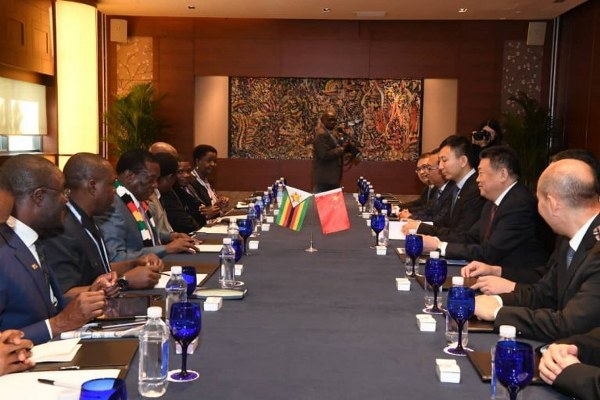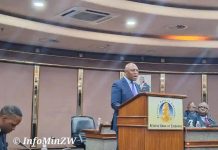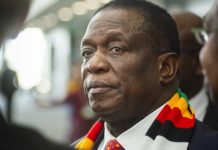In 2017 there was new hope for the economy of Zimbabwe with a change in leadership. Last year, the Zimbabwe dollar was once again introduced as the official currency, but according to some reports has already lost 98% of its value on the black market. The country is currently also experiencing political instability.
Many investors would be wary of pushing capital into an economy where there is little investor certainty. Spear Capital, a private equity investment firm that holds minority stakes in various companies in Southern Africa, however, still sees some opportunities. Jeanette Clark speaks to managing partner Martin Soderberg about Zimbabwe’s business environment and the investment lessons learnt over the years.
Spear Capital has two investments in Zimbabwe that it concluded in 2013 and 2014 – Metro Wholesalers and Dendairy. Share your thoughts about Zimbabwe from an investment perspective.
Metro Wholesalers, a groceries and hardware wholesaler in Zimbabwe, was our very first investment from our first fund in 2013. At the time, Zimbabwe was a US dollar-based economy and things were going very well. Metro had revenues of about USD 70 million and it has grown significantly every year since then. The discussions around the Zimbabwe dollar as official currency started back in 2017. Since then everything has been a bit murky. In 2018, for example, all companies still reported in US dollars but were trading in local currency. It has made it very difficult to work out how well the business was performing.
Dendairy, our other investment, is a big player in Zimbabwe in terms of dairy production. The company had, at the time of investment, started to put funds into a new production line for UHT milk, but ran out of capital. We stepped in. They have since increased production about 10 times.
We are very happy with both investments which were both done in our first fund.
We are currently tracking two or three opportunities in Zimbabwe very closely. I think you can still invest in Zimbabwe. You just have to be very clear that your criteria are being met. There are definitely fewer opportunities now than there were before, but the quality of the assets remains very good. The reasons being that Zimbabwe has a very well-educated population and quite a professional legal system compared to neighbouring countries, especially from a commercial perspective. For example, if Metro has someone owing them money and they are taken to court it can be resolved in quite a reasonable time.
What criteria do you look at when making an investment?
We are quite restricted in our mandate. We look for fast-growing companies in four jurisdictions: Zimbabwe, Malawi, South Africa and Zambia. We don’t do primary agriculture, mining, oil and gas, or big telecom projects.
Our first criterion is that we look at management. That is a very important key requirement as we are not majority owners and a good working relationship where all partners are aligned, is critical.
For Zimbabwe, a key question remains how to get your money out of the country after investment. Over the last three years the challenge has been uncertainty around a framework for investments into the country. There are excellent businesses in Zimbabwe, with skilled people and great management.
Secondly, if you are to still invest in the country, you would have to look at businesses that have little foreign debt on their balance sheet. We also look at companies that have been in business for at least the last ten to fifteen years, because if you worked yourself through this difficult period, it means the business has great skills.
Very importantly, you should consider investing in businesses that are exporting and earning US dollars.
Having said all that, you never know in Zimbabwe. There is still a risk. But it could sometimes be worth it.
Over the last 12 months, more and more items are sold and traded in US dollars, even if the official currency is still the Zimbabwe dollar. There is very little official access to US dollars as most of the currency is floating around in the informal system. The Reserve Bank only has access to the US dollars that are coming in from export activities and are very careful about distributing that to strategic industries like fuel imports and agricultural inputs.
Is the investment criteria for the other countries the same as Zimbabwe?
Each country has its own characteristics. In Malawi we really struggle to find businesses that match the investment criteria in terms of company size. Our ticket size is USD 2 million to USD 6 million because we believe businesses that require less than USD 2 million are often less mature and riskier. Finding a company that fits this size in Malawi can be challenging.






